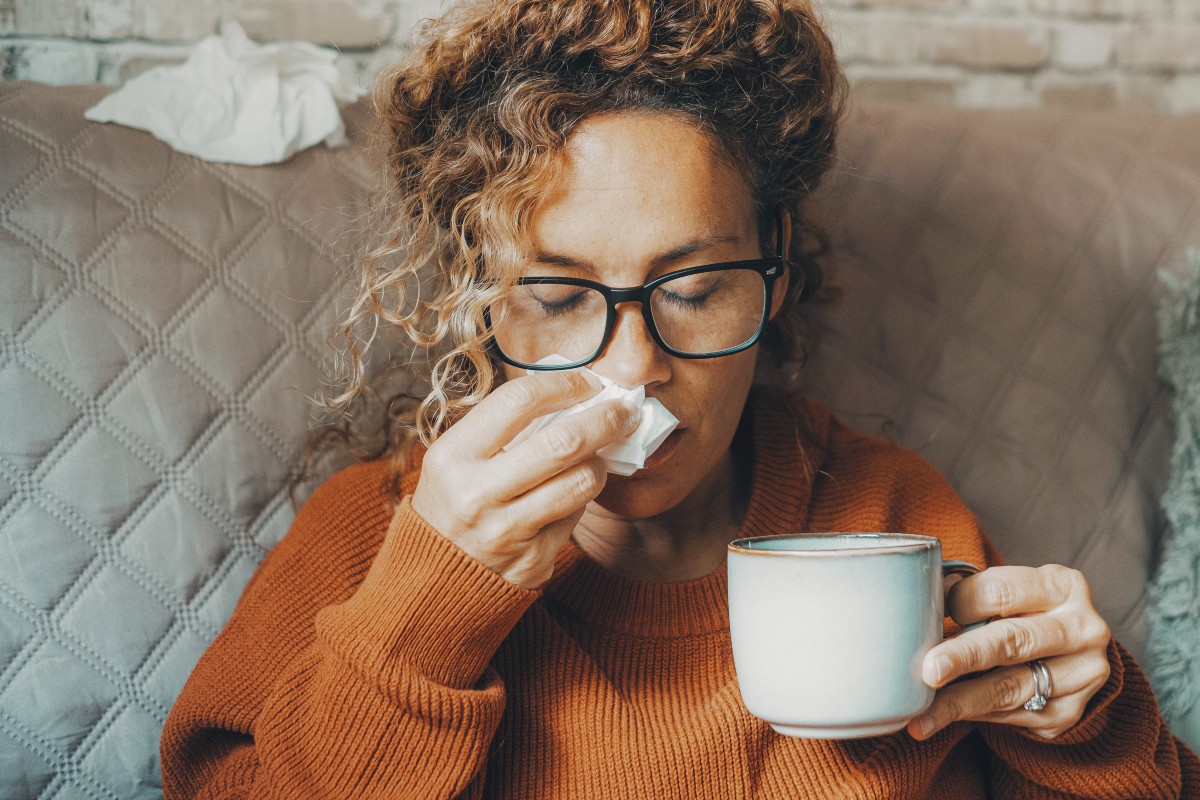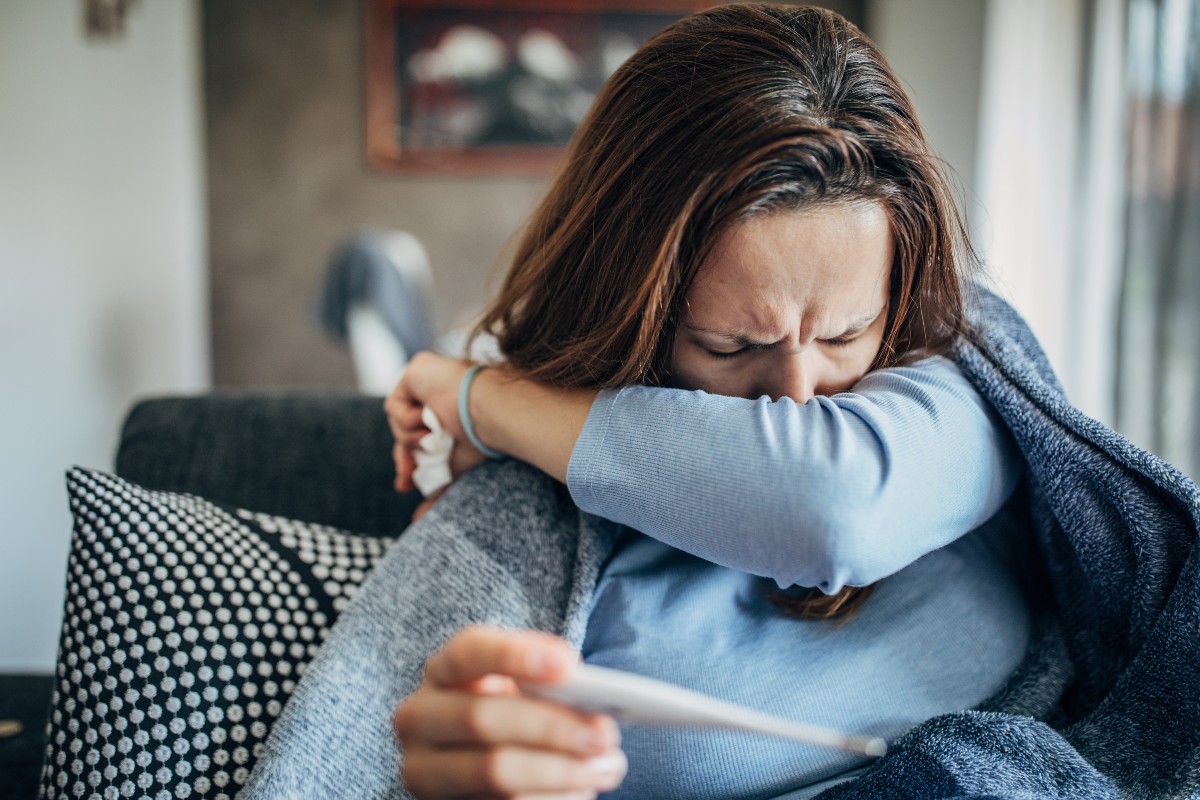With the dominant Omicron coronavirus variant spreading across the United States, health experts are ramping up their efforts to get people vaccinated or boosted to protect themselves and others.
As of late December, only 63 percent of eligible Americans are fully vaccinated and only 20 percent have received their booster, according to the U.S. Coronavirus Vaccine Tracker.
If you are looking to get vaccinated for COVID-19 for the first time—or plan to get a booster shot—there are some things you should know about the latest Centers for Disease Control and Prevention (CDC) advice on vaccinations.
What Vaccines Does the CDC Endorse?
In December, the Centers for Disease Control and Prevention (the CDC) expressed a clinical preference for individuals to receive the Pfizer or a Moderna vaccines (known as mRNA vaccines) over the Johnson & Johnson’s COVID-19 vaccine. This updated CDC recommendation follows similar recommendations from other countries, including Canada and the United Kingdom.
While all three vaccines are still being used, new evidence provided by the Advisory Committee on Immunization Practices (ACIP) points to a higher level of effectiveness with the Pfizer and Moderna vaccines—with less incidence of side effects. This information is based on new studies regarding vaccine effectiveness, vaccine safety and rare adverse events.
The CDC points to increasing evidence that the Johnson & Johnson’s vaccine can trigger a rare blood clot disorder now linked to dozens of cases and at least nine deaths in the U.S. last year. There is also a higher risk for this blood clotting condition than previously thought. The risk was highest among women aged 30 to 49 and is estimated at 1 in 100,000.
Despite its drawbacks, however, the Johnson & Johnson vaccine is not being removed from the available options for shots. “Individuals who are unable or unwilling to receive an mRNA vaccine will continue to have access to Johnson & Johnson’s COVID-19 vaccine,” the CDC said. In addition, Johnson & Johnson said it “remains confident in the overall positive benefit-risk profile” of its vaccine.
How Will I Know Which Vaccine Is Being Administered at My Vaccination Site?
When arranging for your vaccination and before you get your shot, ask which vaccine is being administered. Or check the website Vaccines.gov, which helps people find the latest information on COVID-19 vaccine availability at certain providers and pharmacies.
For each location, Vaccines.gov displays:
- Types of COVID-19 vaccines available
- Website or phone number to take the next step to get vaccinated
- Hours of operation
In addition, Riverside continues to recommend COVID-19 vaccinations and boosters and offers the vaccines throughout the region. Schedule an appointment through Riverside or call 757-534-5050.
Other information on Riverside’s related services is available at COVID-19.
Are There Enough Vaccines to Vaccinate Everyone?
The U.S. supply of Pfizer and Moderna vaccines is abundant, according to the CDC. There are nearly 100 million doses available for immediate use.
In addition to the individuals getting vaccinated for the first time, the CDC recommends that all individuals 16 years or older who are fully vaccinated with the two-shot Pfizer or Moderna vaccines get a booster. People who are fully vaccinated against the coronavirus can mix and match the Pfizer or Moderna immunizations when seeking a booster shot.
Those initially vaccinated with the Johnson & Johnson vaccine are advised to get a booster shot from either Pfizer-BioNTech or Moderna for optimal protection from severe illness. These individuals will no longer be adequately protected with just the one Johnson & Johnson shot, especially with the increasing spread in our communities.
About the Pfizer and Moderna COVID-19 Vaccines
The Pfizer-BioNTech and Moderna COVID-19 vaccines are mRNA vaccines. They use mRNA created in a laboratory to teach our cells how to make a protein that triggers an immune response inside our bodies. That immune response, which produces antibodies, is what protects us from getting infected if the real virus enters our bodies.
Pfizer and Moderna have a higher degree of effectiveness and have been shown to have less adverse effects than the Johnson & Johnson vaccine.



